Product Operations: Unlocking the Power of Product Ops
The emergence of Product Ops is transforming product teams. This comprehensive guide explores how Product Ops managers complement product management, oversee critical functions, and pave the path for product excellence.

The rise of product-led organizations has led to the emergence of a critical new role - the product operations manager. As companies increasingly adopt product-led strategies, they are finding that traditional product management alone is insufficient to drive growth and optimize the customer experience. Enter Product Ops - the key to unlocking efficiency, facilitating collaboration, and accelerating product success.
In this comprehensive guide, we will explore how Product Ops complements product management, what core functions Product Ops managers oversee, and why companies need dedicated Product Ops to achieve their strategic goals. You will learn how Product Ops empowers product managers, what types of skills Product Ops managers need, and how to build a high-performing Product Ops team.
With Product Ops, product managers can dedicate more time to critical leadership tasks. Product teams gain the support they need to deliver game-changing products and experiences. Executives obtain the insights required to make informed decisions. Read on to discover how Product Ops paves the path for product excellence and sustained business growth.
Key Takeaways
- Product Ops is an emerging field that focuses on data management, process optimization and cross-functional collaboration to drive product-led growth.
- Product Ops Managers are in high demand due to the need for efficient operations and improved customer experience.
- Companies should evaluate their operational needs and hire skilled Product Ops Managers in order to maximize efficiency and promote growth.
The Emergence of Product Ops
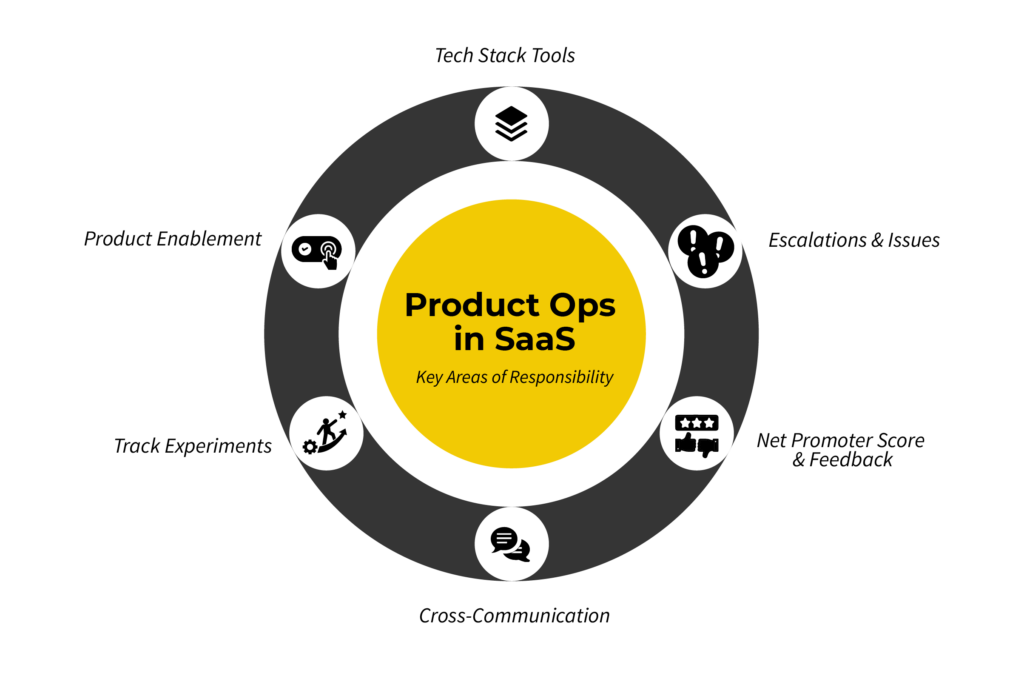
As businesses increasingly rely on product-led growth strategies, the role of the product operations manager has become crucial within product teams. Product Ops came into existence to meet the rising need for efficiency and cross-functional collaboration, thus providing product managers with more time to concentrate on their primary tasks and strategic decisions.
The need for a dedicated product operations manager is driven by:
- The rapid growth of product teams
- The importance of data management
- The desire to streamline processes
- Improving the customer experience
- Driving product-led growth
The Evolution of Product Management
Product Management has undergone a significant transformation in recent years, shifting from gut-driven decisions to data-informed ones. This change has led to a greater focus on creating better customer experiences and driving product-led growth.
By streamlining procedures, data management, and interdisciplinary collaboration, Product Ops significantly contributes to this evolution, freeing product managers to focus on tactical decision-making and customer experience enhancement.
The Demand for Product Ops Managers
The growing demand for Product Ops Managers is a testament to the need for efficient cross-functional collaboration, data management, and process optimization in product-led companies. As a product ops manager, you would be responsible for enhancing operational effectiveness and preparedness, scaling operations for existing products, and designing operational programs for new initiatives.
The typical career progression for Product Ops Managers includes roles such as:
- Product operations specialist
- Product operations manager
- Senior product operations manager
- Director of product operations
With a positive outlook for the role, Product Ops Managers have the opportunity to make a significant impact on the success of product teams and organizations.
The Core Functions of Product Ops
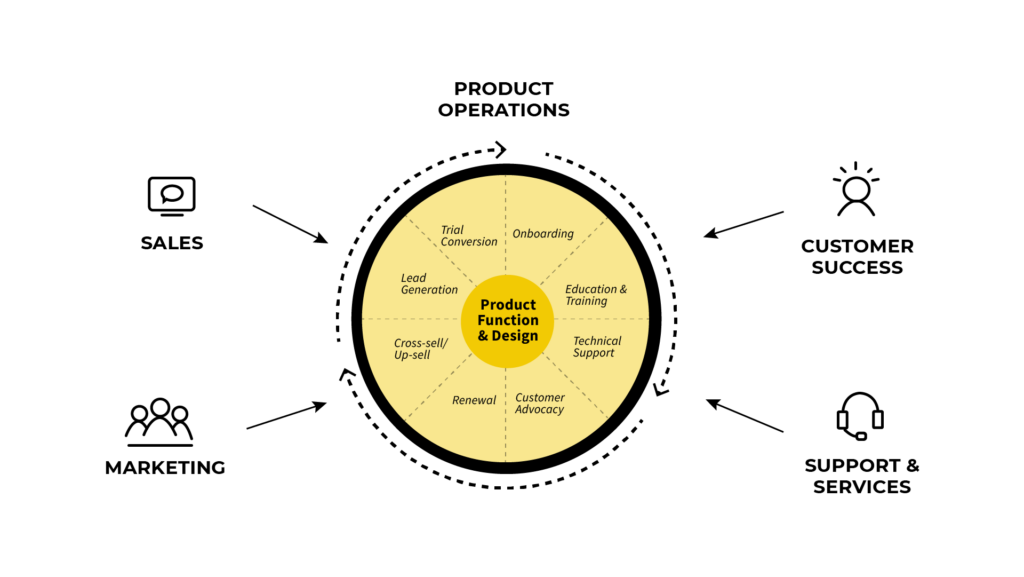
Product Ops prioritizes core functions including data management, process and tool optimization, and the promotion of cross-functional cooperation and alignment. Acting as a coordinator for all experiments, Product Ops guarantees efficiency and uniformity in experimentation processes, assisting teams in avoiding duplication or interference.
In addition to managing the tech stack and optimizing workflows, Product Ops is responsible for identifying and addressing areas in need of improvement, promoting effective use of resources, and ensuring seamless communication across teams.
Data Management and Analysis
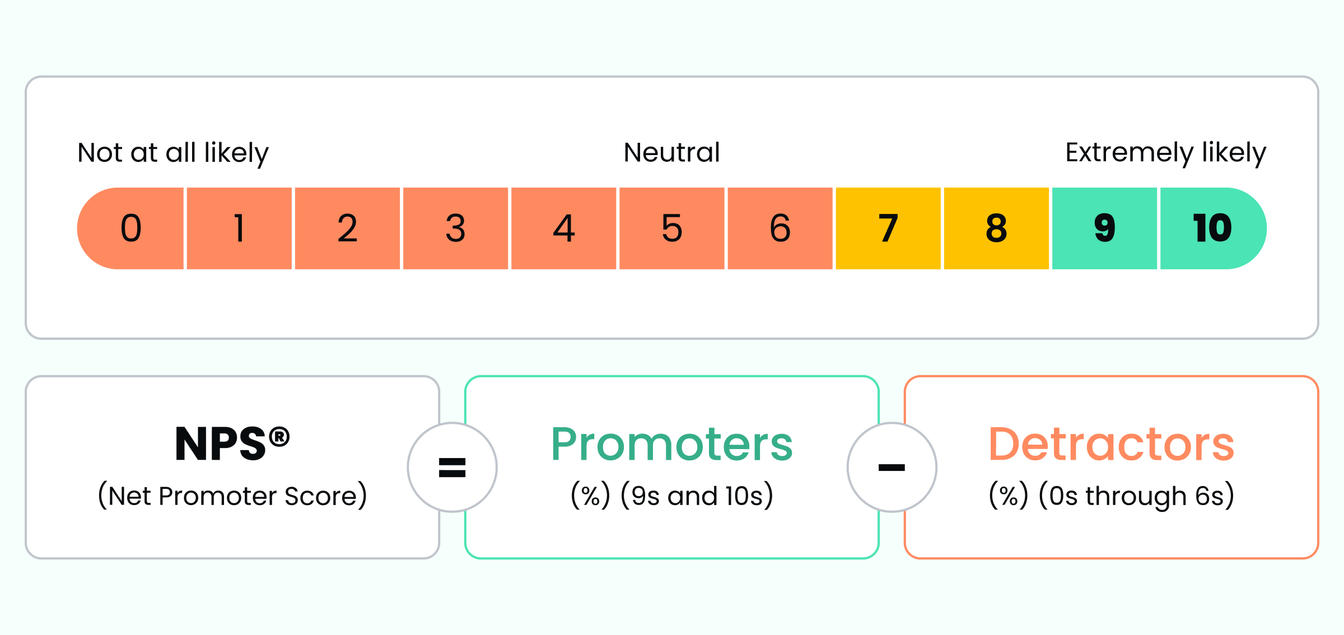
Product Ops plays a pivotal role in collecting, analyzing, and sharing data to provide actionable insights for product managers and other stakeholders. By gathering a variety of quantitative and qualitative data, such as:
- Net Promoter Score (NPS)
- Product usage data
- Results from experiments
- Sales numbers
- Feedback from surveys and interviews
Product Ops, along with marketing ops and sales ops, furnishes crucial information to inform decision-making.
Enhancing the customer experience is at the heart of Product Ops’ data management efforts. Through driving analysis, testing, and experimentation, Product Ops ensures that a productive process is in place for managing user feedback and creating a positive impact on customer experience.
Streamlining Processes and Tools
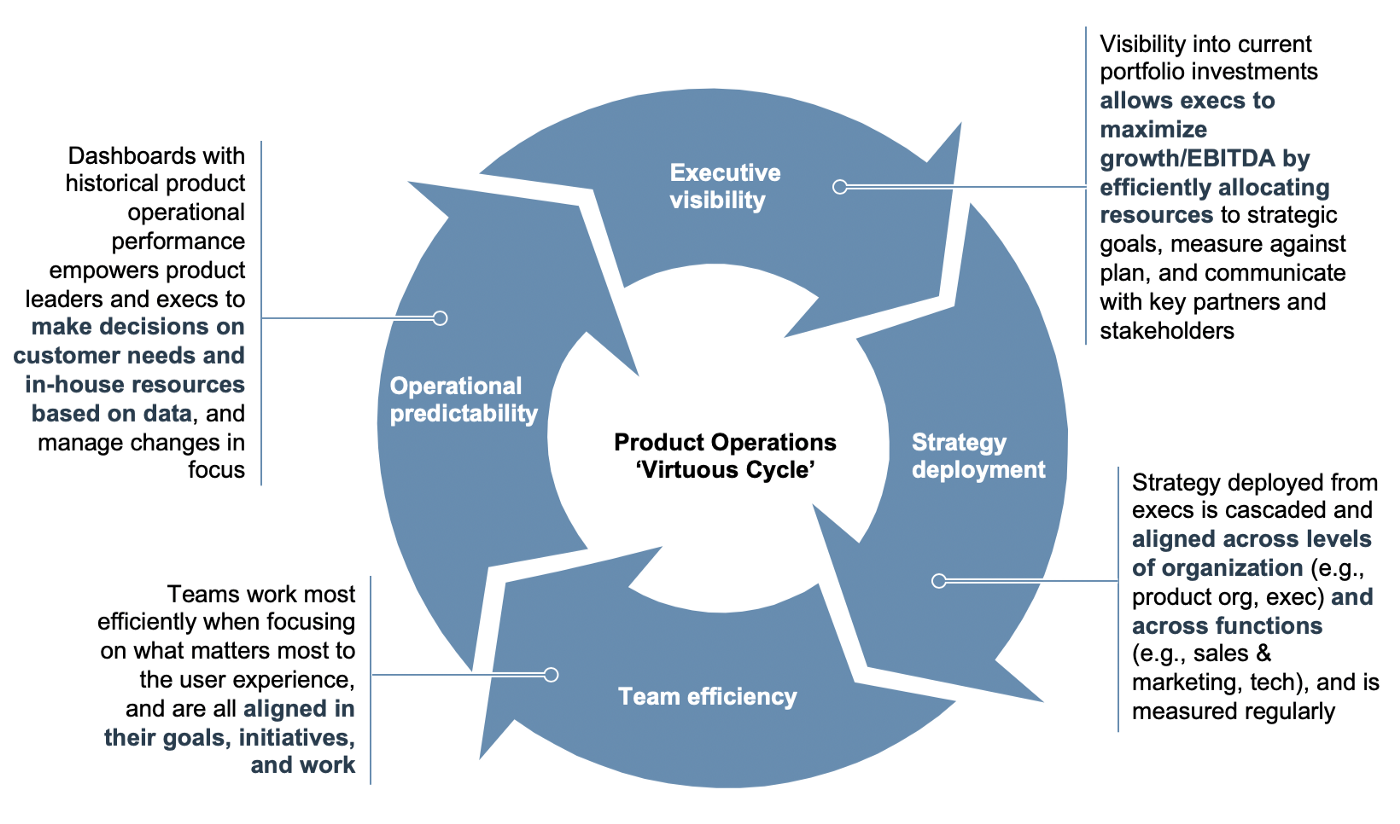
The optimization of processes and tools is vital for the success of any Product Ops team. Product Ops can greatly enhance the overall productivity of product teams by overseeing the tech stack for peak performance, refining workflows for maximum efficiency, and making effective use of resources.
Product Ops is responsible for:
- Administering tools
- Maintaining vendor relationships
- Formulating guidelines for tool use
- Providing training to the product team on best practices
By selecting the right tools and using them effectively, Product Ops can guarantee that teams are able to deliver their best work.
Cross-Functional Collaboration and Alignment
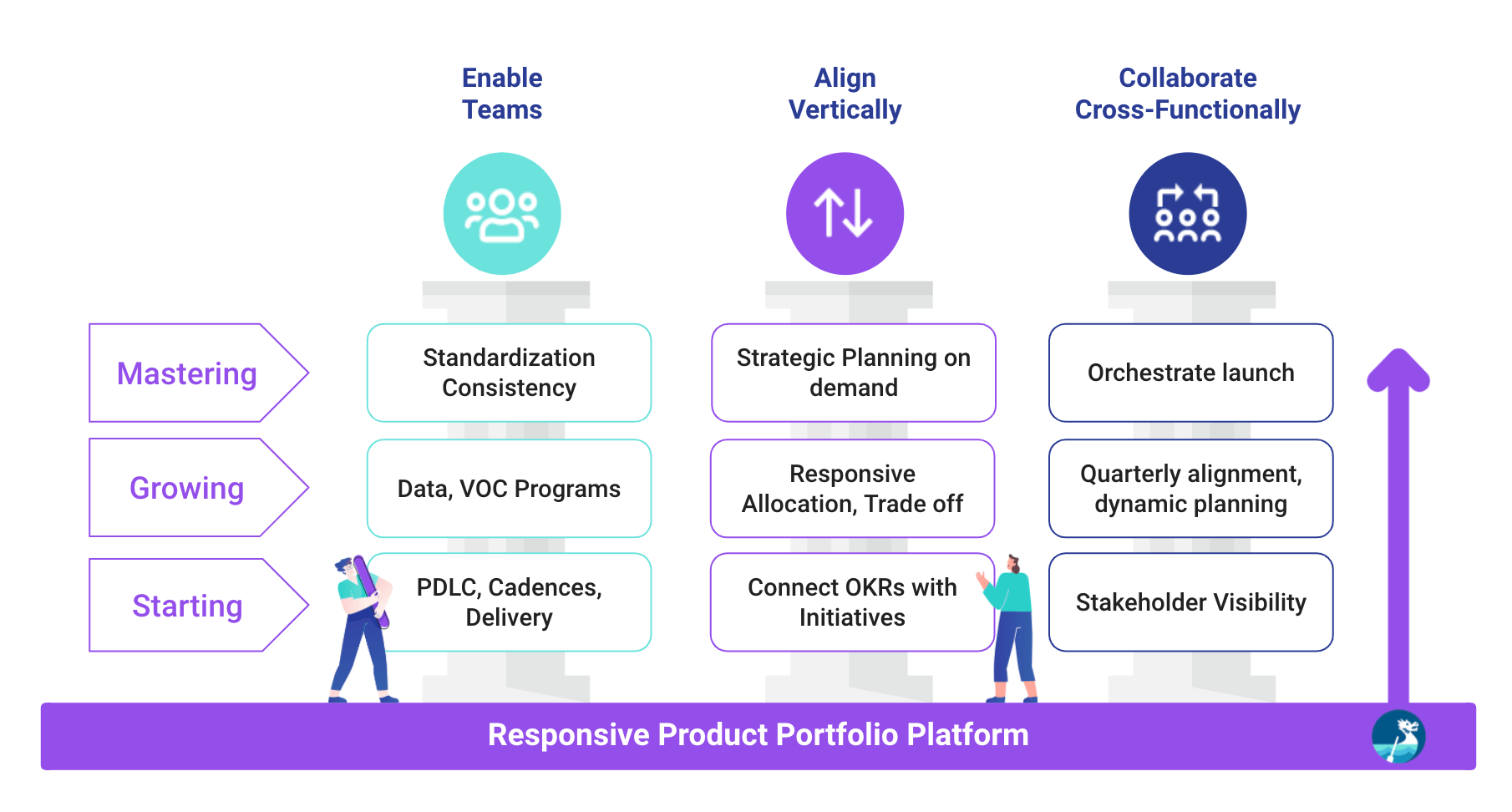
Product Ops enhances cross-functional collaboration and alignment by improving communication, sharing resources, and aligning goals across teams. By facilitating communication between teams responsible for product development, such as product and engineering, and customer-facing teams, such as customer success, support, and sales, Product Ops plays a critical role in ensuring the success of product-led organizations.
Furthermore, Product Ops contributes to:
- the optimization of customer experience
- the promotion of product-led growth
- streamlining processes
- facilitating cross-functional collaboration and alignment.
How Product Ops Complements Product Management
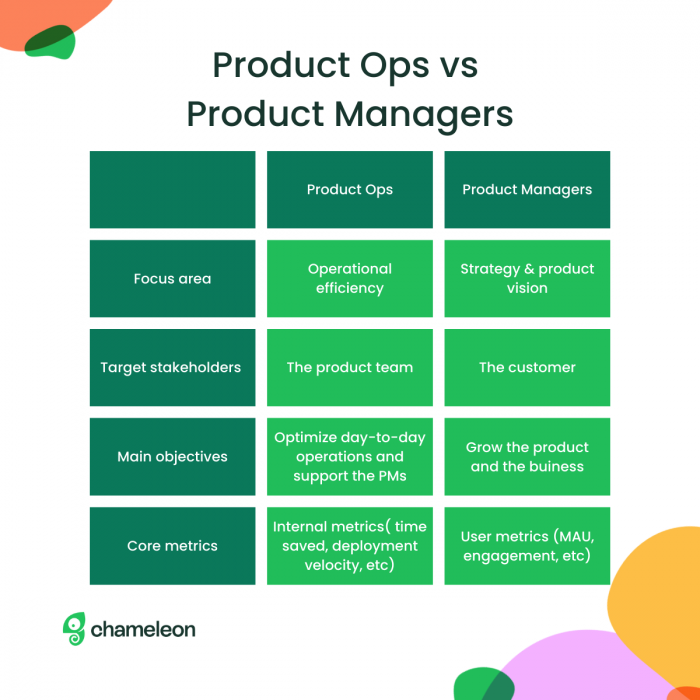
Product Ops supplements product management by assisting product managers with their daily tasks, thus providing them with more time to concentrate on strategic decision-making and customer experience enhancement.
Product Ops unburdens product managers by taking over time-consuming tasks and offering data-driven insights, thus allowing them to focus on their key competencies and guaranteeing the success of both the product team and the entire organization.
Supporting Product Managers
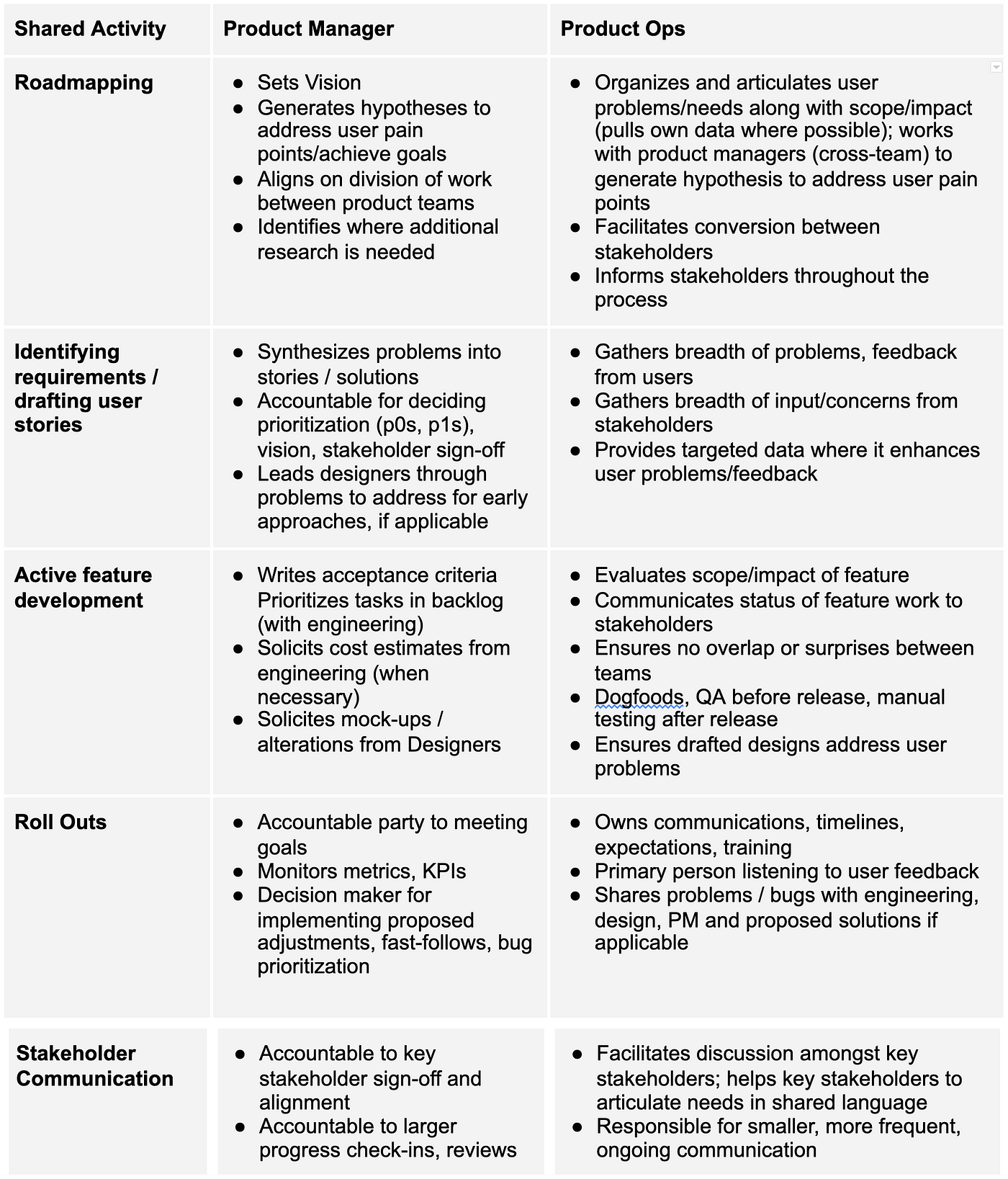
Product Ops plays a crucial role in supporting product managers by:
- Taking on time-intensive tasks, such as managing the tech stack
- Providing data-driven insights
- Allowing product managers to focus on their core responsibilities and strategic decision-making.
By alleviating the administrative burden on product managers, Product Ops optimizes the product team’s efficiency and enables them to deliver their utmost work.
Enhancing Customer Experience
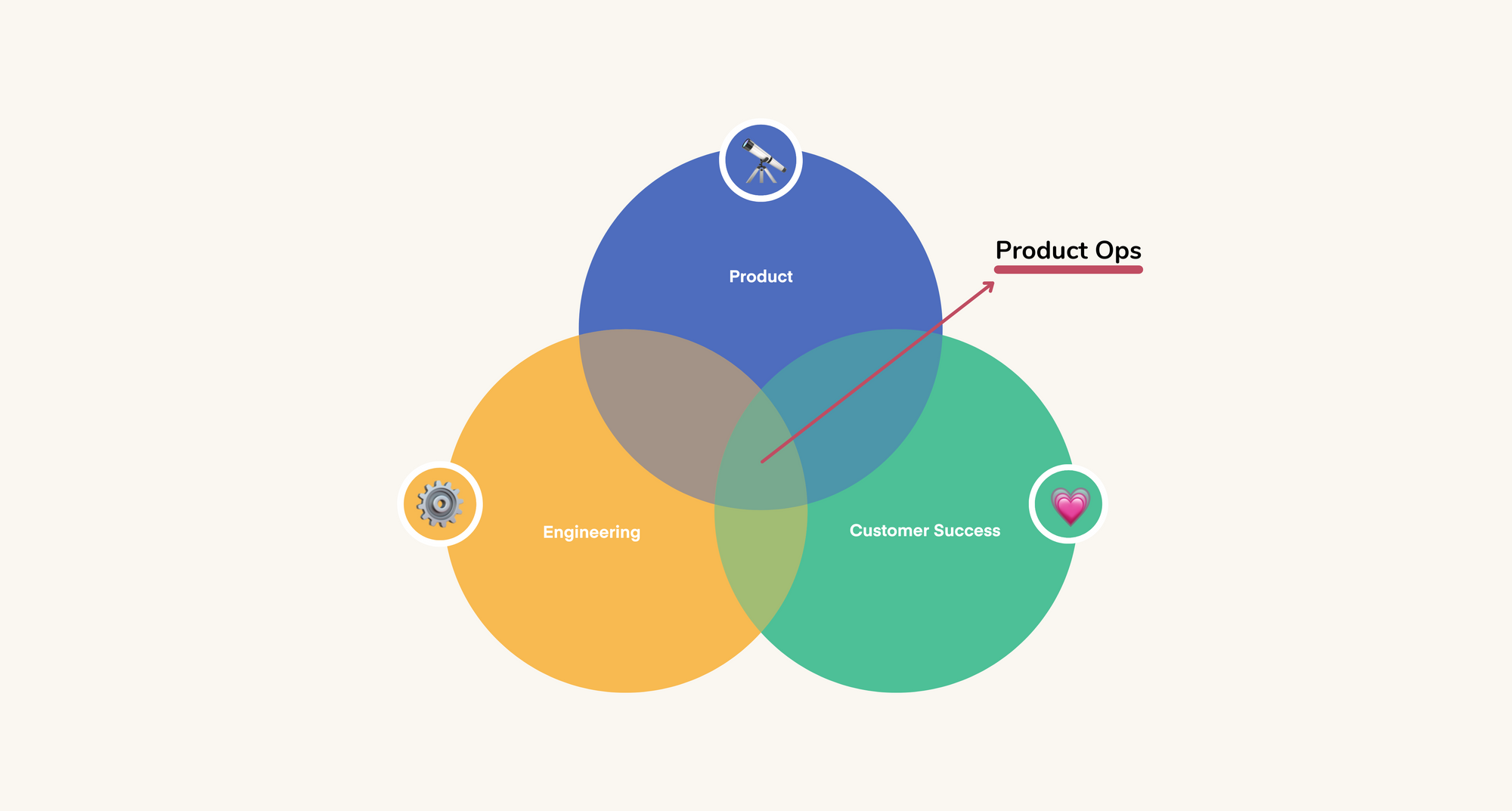
The Product Operations Team contributes to an improved customer experience by streamlining processes, fostering cross-functional collaboration, and sharing resources across the broader product team.
By driving analysis, testing, and experimentation in the product development process, and ensuring a productive process is in place for managing user feedback, Product Ops plays a crucial role in optimizing the customer experience and driving product-led growth.
Building a Successful Product Ops Team
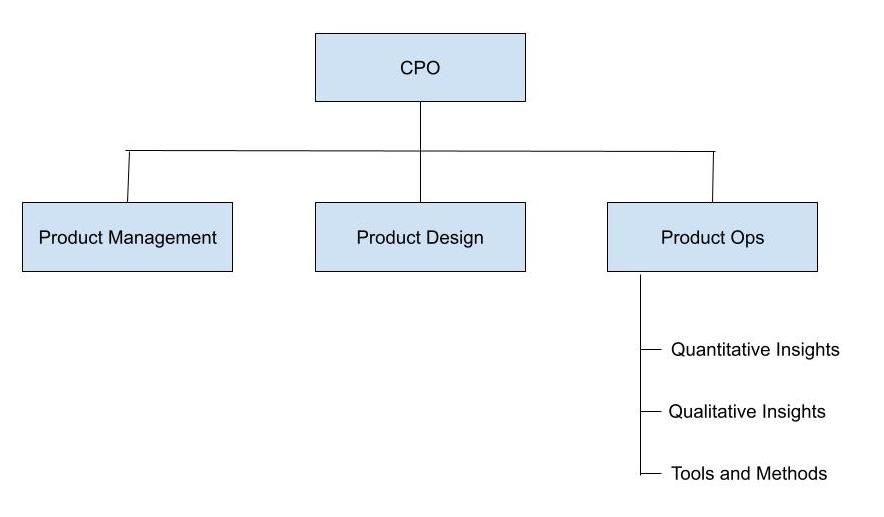
To build a successful Product Ops team, one needs to recognize the need for Product Ops, recruit and onboard Product Ops Managers, and foster their skills and expertise.
Understanding the current challenges, the workload of product managers, and scalability issues allows companies to assess the need for a Product Ops team and initiate steps to build a high-performing team.
Identifying the Need for Product Ops
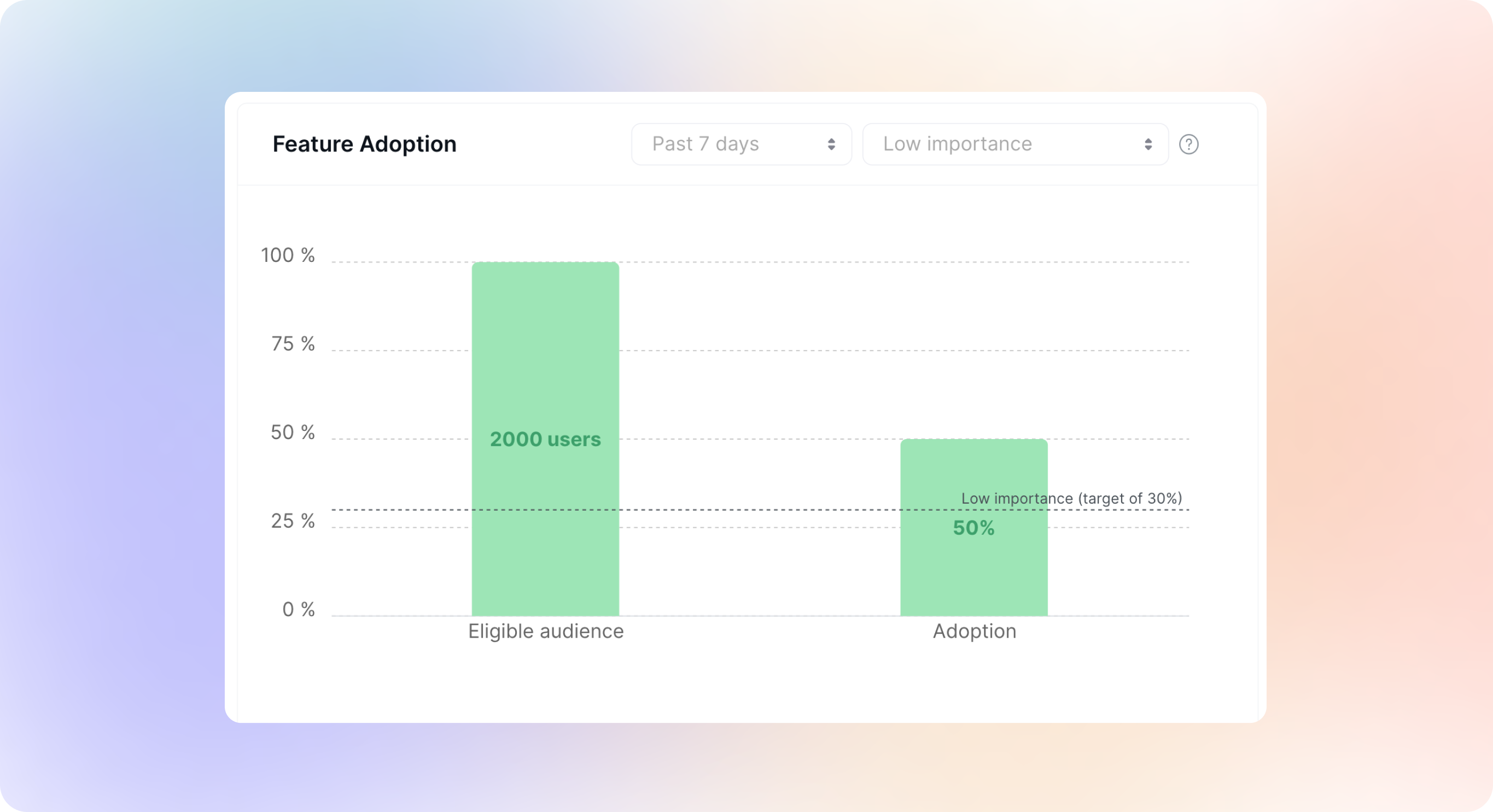
Companies should assess their current pain points, product managers’ workload, and scalability challenges to determine if a Product Ops team is necessary.
If product-led teams are experiencing rapid growth, multiple product teams are present, or product managers are overwhelmed with administrative tasks, a dedicated Product Ops function can prove beneficial in improving efficiency and driving growth.
Hiring and Onboarding Product Ops Managers

When hiring Product Ops Managers, look for candidates with strong analytical, communication, and technical skills, as well as experience in product management.
By bringing in skilled and experienced Product Ops Managers, companies can ensure that their product teams are well-equipped to handle the challenges of scaling and driving product-led growth.
Developing Skills and Expertise
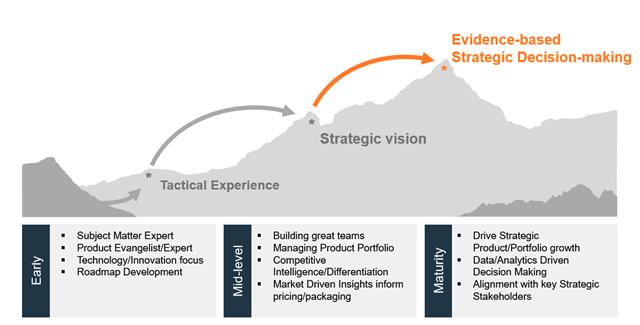
Develop the skills and expertise of Product Ops Managers, including those of a product manager, through continuous training, exposure to best practices, and collaboration with other teams.
By fostering their abilities and proficiency, Product Ops Managers will be better equipped to support product teams in achieving their goals and driving product-led growth.
Real-World Examples of Product Ops in Action

Real-world examples of Product Ops in action showcase how companies like Pendo, CarGurus, and DoorDash leverage Product Ops to improve operational efficiency, manage partner relationships, and drive new partnerships.
Adoption of Product Ops principles and practices has enabled these organizations to augment their product strategies and propel significant growth, thereby illustrating the importance of Product Ops in today’s business environment.
Summary
Product Ops is a powerful force for driving product-led growth and ensuring the success of product teams.
By focusing on core functions such as data management and analysis, streamlining processes and tools, and fostering cross-functional collaboration and alignment, Product Ops complements product management and enables product managers to excel in their roles.
As companies continue to embrace product-led growth strategies, the importance of Product Ops will only continue to grow.
So, are you ready to unlock the power of Product Ops and take your product strategy to new heights?
Frequently Asked Questions
What are the roles and responsibilities of ProdOps?
ProdOps is responsible for driving customer engagement and curating data, leveraging the tool stack, templates, and best practices to reduce friction and scale the organization.
What is product ops manager?
Product operations managers are responsible for streamlining communication between teams, collecting and analyzing product data, and assisting product managers in making informed decisions. They provide support to the product team, allowing product managers to focus on customer-centric tasks. By empowering the core product team, product ops managers help build more lovable products.
What is an example of a product operation process?
An example of a product operation process is the repetitive tasks and processes taken up by a team, such as interpreting user feedback, conducting user interviews, sprint planning, and roadmapping.
How does Product Ops differ from Product Management?
Product Ops focuses on optimizing procedures and data handling, while Product Management is mainly focused on tactical decision-making and improving the customer experience. Both disciplines involve collaboration and problem-solving to ensure product success.
